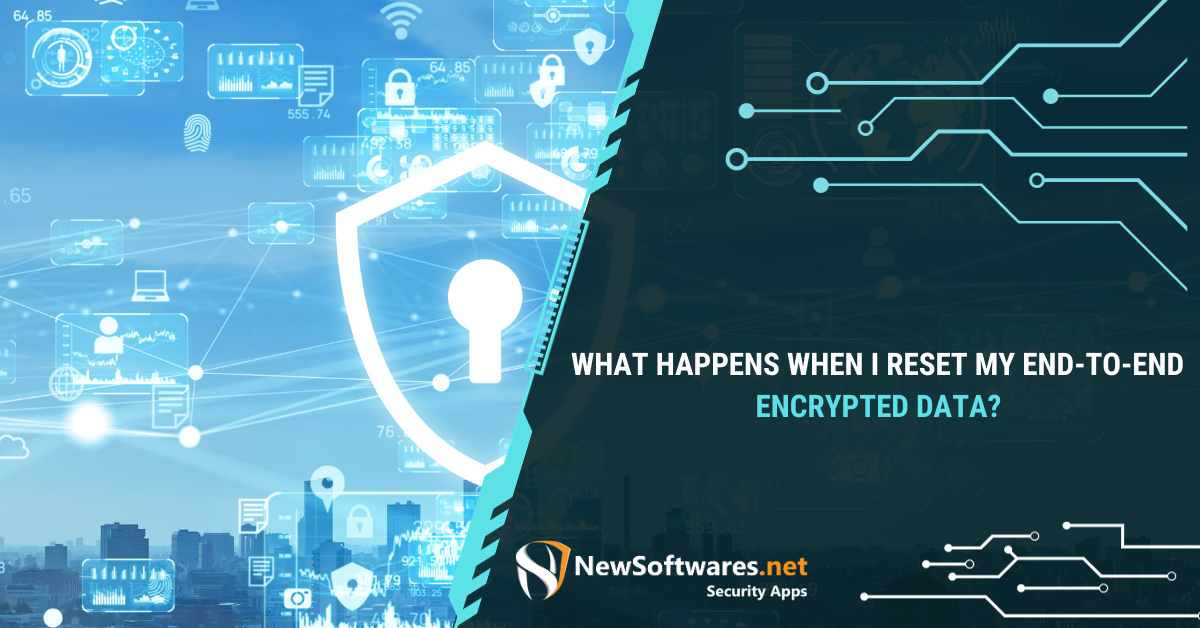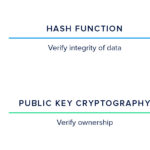In the modern digital era, the proliferation of personal and sensitive information has become an omnipresent reality. As individuals and organizations increasingly rely on online platforms for communication and data storage, the necessity of encryption has ascended to paramount significance. But what truly transpires when data isn’t encrypted? This inquiry invites a nuanced exploration, revealing not only the implications of unencrypted data but also the vulnerabilities it exposes to various threats.
To elucidate this matter, it is essential to understand the essence of data encryption itself. Encryption transforms readable data into an obscure format, rendering it unintelligible unless it is decrypted using a designated key. This process serves as a formidable barrier against unauthorized access, safeguarding information from malicious entities. Conversely, unencrypted data presents a conspicuous vulnerability that can have far-reaching ramifications.
Data Breaches and Unauthorized Access
The most immediate risk associated with unencrypted data is the potential for data breaches. Hackers and cybercriminals are perpetually seeking unprotected information, often employing various tactics such as phishing, malware, or direct exploitation of system vulnerabilities. When data is left in a readable format, it is akin to leaving the front door of a house wide open, inviting intruders to stroll right in.
Consider the ramifications of a compromised database that houses sensitive information, such as social security numbers, financial records, or medical histories. The repercussions can be devastating. Individuals may suffer identity theft, leading to financial loss, reputational damage, and emotional distress. Organizations face potential legal repercussions, regulatory fines, and a significant loss of consumer trust. The complexities of restitution often stretch far beyond the immediate aftermath, affecting stakeholders and the larger community.
Corporate Espionage and Competitive Disadvantage
In the competitive realm of business, the absence of encryption can lead to corporate espionage. Proprietary information, trade secrets, and strategic plans are prime targets for rival companies looking to gain a competitive edge. When enterprises neglect encryption, they inadvertently equip their adversaries with the tools necessary to undermine their market position.
Intellectual property theft does not merely signify the appropriation of ideas. It can precipitate an avalanche of challenges, including inflated research and development costs, diminished innovation, and erosion of brand integrity. In an age where competitive advantage is elusive, encryption serves as an indispensable shield against such threats.
Legal and Regulatory Consequences
Another critical aspect that often escapes consideration is the legal and regulatory implications of failing to encrypt data. Various industries are governed by stringent regulations concerning data protection and privacy. The General Data Protection Regulation (GDPR) in Europe and the Health Insurance Portability and Accountability Act (HIPAA) in the United States exemplify frameworks aimed at safeguarding personal information.
Organizations that neglect to implement encryption may find themselves vulnerable to punitive measures, including hefty fines and mandatory audits. Additionally, the legal landscape is continually evolving, making compliance an increasingly intricate and paramount concern. The failure to encrypt data can thus transform what might appear as a mere technical oversight into a legal quagmire.
Threats to National Security
On a more extensive scale, unencrypted data poses a dire threat to national security. Sensitive government communications, military stratagems, and intelligence operations could be jeopardized if left unprotected. Adversarial nations or terrorist organizations could exploit this vulnerability to orchestrate attacks or disrupt national infrastructures.
The specter of espionage on a national level underscores the urgency for enhanced security measures, including data encryption. As state-sponsored cyberattacks become more prevalent, the implications of unencrypted data extend beyond individual entities to encompass the safety and sovereignty of entire nations.
Damage to Reputation and Consumer Trust
The ramifications of unencrypted data extend into the realm of consumer trust. In an era where data breaches dominate headlines, organizations that fail to protect sensitive information may suffer irreparable damage to their reputation. Trust is a currency that, once compromised, is painstakingly difficult to restore.
Companies that have experienced high-profile data breaches often witness a tangible decline in customer loyalty and an increase in customer attrition. Furthermore, the psychological impact on consumers can lead to reluctance in engaging with brands that have previously faltered in their data protection efforts.
Conclusion: The Imperative for Encryption
In the face of rampant cyber threats and the reliance on digital ecosystems, the necessity of encryption can no longer be underestimated. The consequences of unencrypted data are multifaceted, affecting individuals, corporations, and even nations. From the immediate threat of data breaches to the long-term implications for trust and reputation, the rationale for safeguarding data through encryption is compelling.
Ultimately, the digital age demands a proactive approach to data security. Encryption is not merely a technical solution; it embodies a commitment to protecting privacy, ensuring compliance, and fostering trust in a rapidly evolving technological landscape. Embracing encryption today lays the groundwork for a more secure tomorrow, one in which data integrity is preserved, and vulnerabilities are systematically mitigated.








Leave a Comment